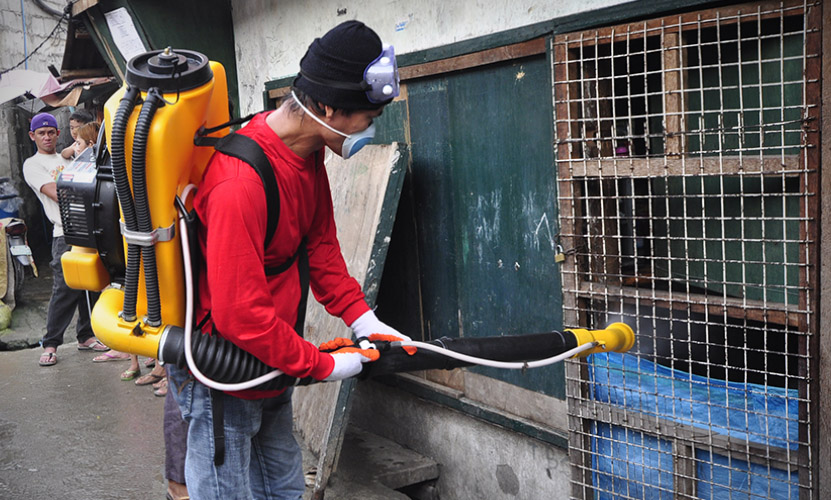
Senator Win Gatchalian on Monday urged the Department of Health (DOH) to allot a portion of the PHP 1.16-billion refund from the purchase of the controversial Dengvaxia vaccine to beef up the readiness of public hospitals in responding to cases of dengue.
“In countries like the Philippines where tropical diseases like dengue are endemic, the readiness of hospitals is as vital as their response to the situation,” he said, pointing out that the DOH has already reported a total of 10,980 new dengue cases from the period of January 1 to February 10 of this year.
He explained that hospitals should be prepared to provide laboratory blood tests even if patients are not yet manifesting symptoms of dengue. He added that medical professionals should also be imparted with sufficient training to handle potential dengue outbreaks.
Last week, DOH said that they got the nod from the Department of Budget and Management (DBM) to utilize the refunded amount from Sanofi Pasteur, for which they are planning to use some P324-million for the purchase of dengue kits that will be distributing to over 837,000 Dengvaxia-vaccinated public school children.
“This is laudable response from DOH to intensify its monitoring of Dengvaxia recipients. The bulk of these funds should be made readily available to respond to any health complications that may arise in children vaccinated by Dengvaxia,” the senator said.
Gatchalian, a former local executive, also sees strengthening vector control measures, such as fumigation, fogging, and proper waste disposal, as effective community and school initiatives that would decrease the incidence of mosquito-carried disease.
“DOH should also constantly partner with local government units in devising ways to prevent people, especially children, from being infected – from arming them with the right information to engaging them in actions that would eliminate carriers from their source of habitation,” he said.


